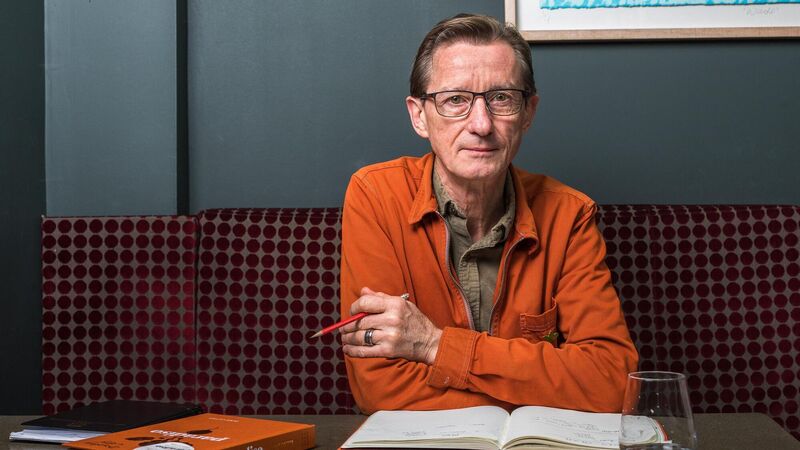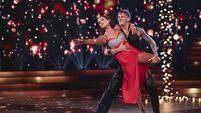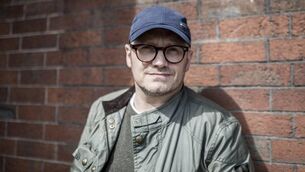Culture That Made Me: Macroom chef Denis Cotter on Bourdain, Flann O'Brien, and Corcadorca

Denis Cotter, owner and executive chef of Paradiso in Cork. Picture: David Creedon
Denis Cotter, 64, grew up in Macroom, Co Cork. He gave up a career in banking to open Café Paradiso in Cork City in 1993.
As a vegetarian restaurant in pre-Celtic Tiger Ireland, it was a curiosity, but it prospered.




